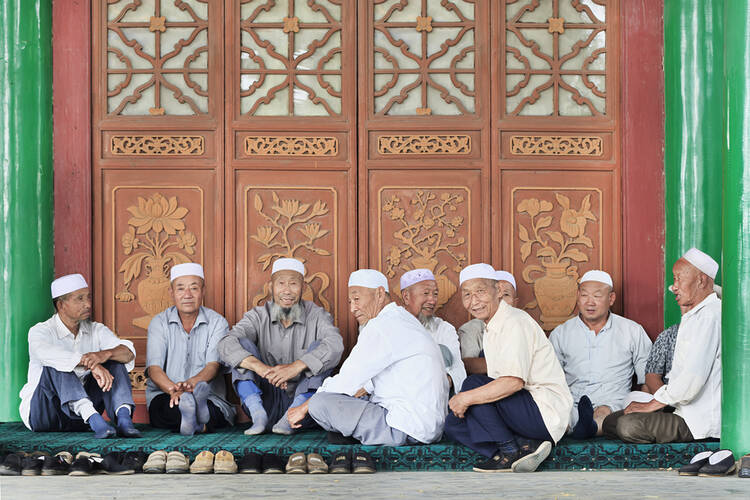Chinese Muslims who work for the government, especially those in northwestern China’s Xinjiang Autonomous Region, are being told they must not fast during the holy month of Ramadan, which began Wednesday.
Ramadan is traditionally marked by fasting for the entire month, with the Muslim adult faithful only able to eat between sunset and sunrise. Halal restaurants, which would normally close for daylight hours during Ramadan, have been told to remain open.
The move is the latest by China’s government to prohibit participation in religious festivals and practices by its members. In May, a newsletter released by the Central Commission for Discipline Inspection (CCDI), wrote “The fact that a small number of party members have forsaken the party’s worldview of dialectical materialism and have turned to religion is now attracting serious concern, to the extent that it now falls within the purview of disciplinary work,” the commission warned.
“The World Uyghur Congress (WUC) calls on China to end its restrictions on fasting and other religious observances throughout the month. Setting aside the fact that these prohibitions are clearly in contravention of internationally recognized human rights law, they also serve only to deepen the division between Uyghurs and the rest of the Chinese community in East Turkestan and fuel further resentment of the state and its unreasonable policies,” the W.U.C. said in a statement. The exile group does not recognize China’s sovereignty over Xinjiang, calling it East Turkestan. China regards the group as a terrorist organization.
It’s been a bad year for relations between China’s Muslims, estimated to number between 20-30 million, and the government. A series of attacks by members of China’s Uyghur ethnic minority, who are almost entirely Muslim, has resulted in a backlash leading to measures that have further angered Muslims, namely that shops in Muslim areas must sell alcohol and tobacco products or face closure.
Tensions increased in 2014, after a knife attack at a train station in southwestern Yunnan province that killed 33 people and injured over 140 more.








